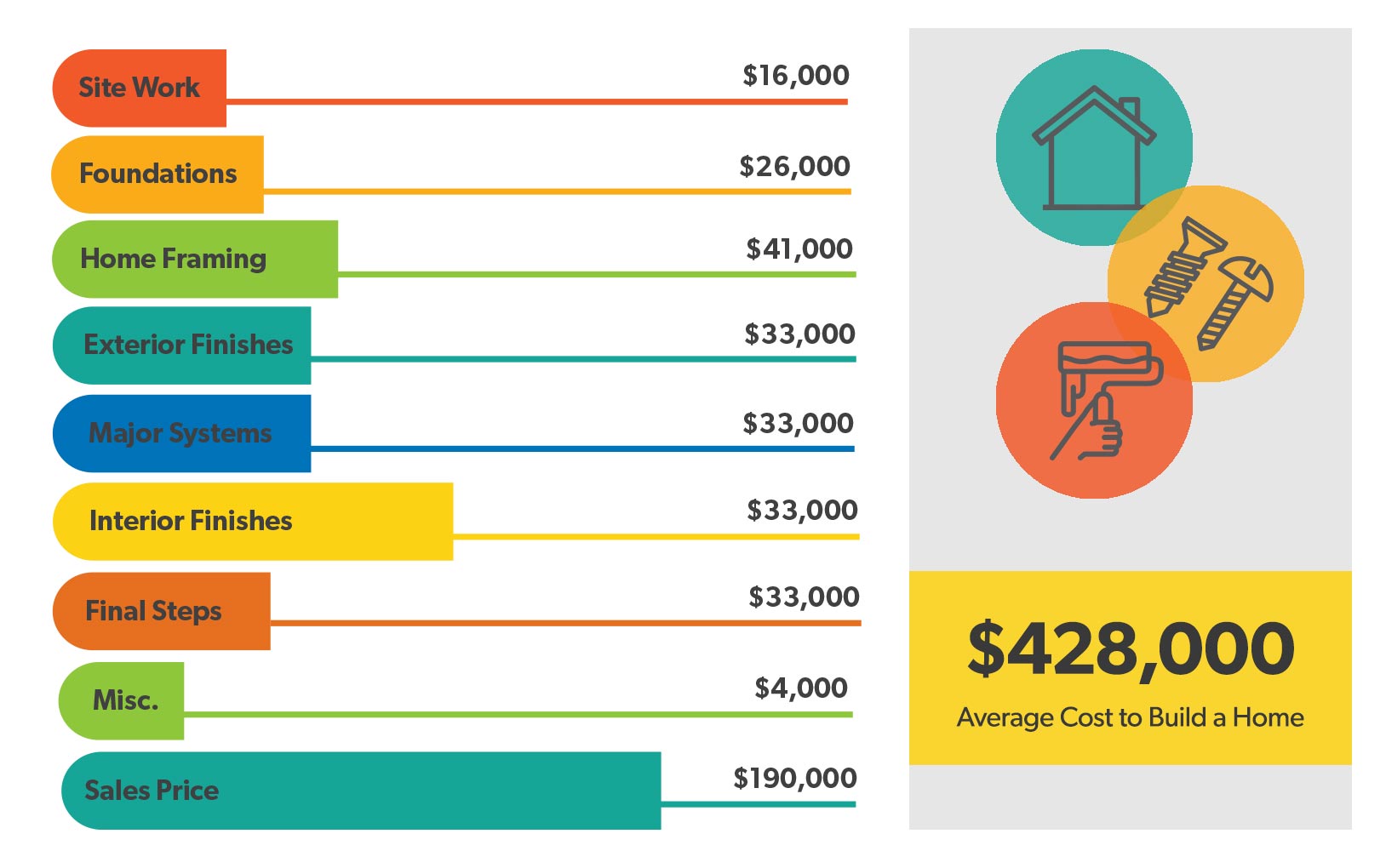When it comes to one of the biggest decisions you’ll ever make in your life – building a home – there’s no one-size-fits-all answer. It’s a choice that’s both thrilling and daunting at the same time, involving a multitude of factors to weigh, costs to consider, and benefits to evaluate. As you navigate this intricate process, it’s essential to take a step back and objectively assess the advantages and drawbacks of building a home versus buying an existing one.

On one hand, the allure of building a home lies in its ability to tailor every aspect to your liking. From the foundation to the finishes, you have complete creative control over the design and functionality of your dream home. Imagine waking up every morning in a space that’s been carefully curated to reflect your personality, tastes, and preferences. It’s an incredibly liberating feeling, knowing that every room, every corner, and every detail has been thoughtfully considered to create a warm, inviting atmosphere that’s uniquely yours.
Furthermore, building a home allows you to incorporate cutting-edge features and technology that may not be feasible in older homes. With the latest advancements in sustainable building practices and energy-efficient systems, you can create a home that not only reduces its ecological footprint but also saves you money in the long run. From solar panels to rainwater harvesting systems, the options are virtually limitless when it comes to crafting a home that’s both beautiful and environmentally conscious.
However, building a home also comes with a hefty price tag. Between the cost of land acquisition, construction materials, labor, and permits, the expenses can quickly add up. There’s also the issue of time – building a home can take anywhere from several months to several years, depending on the complexity of the project. During this period, you’ll need to factor in the costs of temporary housing, storage, and other logistical considerations that may arise.
In contrast, buying an existing home often provides a faster and more affordable solution. Not only can you move in sooner, but you’ll also avoid the hassle and uncertainty associated with building a new home. However, this convenience comes with trade-offs – you may have to compromise on the design, layout, and features that are important to you. Plus, older homes can come with hidden costs, such as outdated systems, structural damage, and neglected maintenance issues.
Ultimately, whether building a home is worth the investment depends on your individual circumstances, priorities, and budget. While the benefits of building a home are undeniable, it’s essential to approach this decision with both eyes open and a clear understanding of the costs involved.
To help you make an informed decision, consider the following tips:
- Define your priorities: What matters most to you in a home? Is it energy efficiency, sustainability, or having a custom layout? Make a list of your must-haves and nice-to-haves to guide your decision.
- Crunch the numbers: Get a clear understanding of the total costs involved in building a home, including land acquisition, construction, and permits. Compare these costs to the cost of buying an existing home in your desired area.
- Research local building regulations: Familiarize yourself with the local building codes, zoning restrictions, and permitting requirements that may impact your project.
- Consult with experts: Talk to architects, contractors, and real estate agents to gain insight into the local market and get a better understanding of what to expect during the building process.
- Weigh your options: Consider alternative options, such as buying a fixer-upper or renovating an existing home, which may offer a more affordable and efficient way to achieve your dream home.
In the end, building a home can be a rewarding and fulfilling experience, but it’s crucial to approach this decision with caution and careful consideration. By evaluating the costs and benefits, defining your priorities, and doing your research, you’ll be well-equipped to make an informed decision that’s right for you.





